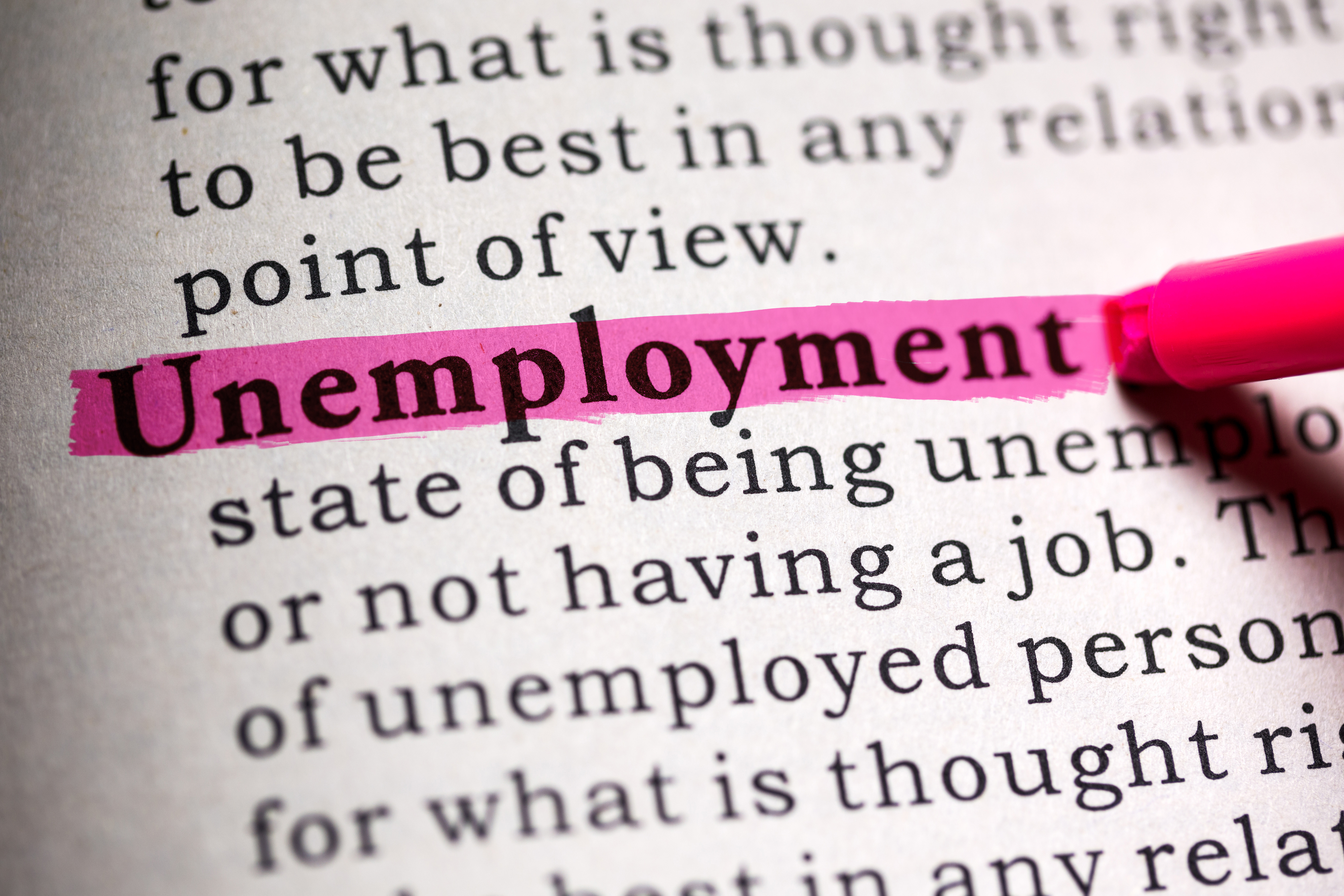4 min read
Washington State Payroll Laws: What Companies Should Know
Processing payroll in Washington State has many components. Before starting to pay employees in the state, you must consider several areas of...

If you are going to operate a business in Washington State, or more importantly, process payroll in Washington State, you need to know your way around payroll taxes and deductions.
This is a guide for Washington State payroll taxes and deductions for 2023 / 2024:
When processing payroll in Washington State, businesses and payroll managers need to ensure they understand each of the payroll taxes in the state in order to manage compliance. Payroll taxes are part of payroll basics.
Businesses should also ensure a proper understanding of hours worked in Washington State, to ensure proper compensation, and thus make proper deductions.
A great way to ensure compliance and that tax deductions are handled properly, is by leveraging payroll software from a Washington State Payroll Company. Easier payroll tax management is just one of the many benefits of paperless payroll.
Washington State employers must understand the following payroll taxes for 2024 and 2025:
Here is a breakdown of each type of payroll tax:
As opposed to a state income tax, Washington State has a Business & Occupation Tax (B&O). The state B&O Tax is a gross receipts tax, that is measured using the value of products, gross proceeds of sale, or gross income of a business.
Important to note is that there are no deductions from the B&O tax for labor, materials, taxes, or other costs of doing business. Companies that pay the State Public Utility Tax do not have to pay the B&O Tax.
Your B&O Tax rate is dependent on the tax classification of your business in Washington State.
The Washington State Public Utility Tax is a tax only for public service businesses.
These include businesses that engage in:
The tax rate depends on the type of utility activity:
| Utility Tax Rate | Public Utility Tax Rate |
| Distribution of water | .05029 |
| Generation/distribution of electrical power | .038734 |
| Log transportation | .013696 |
| Telegraph companies, distribution of natural gas, and collection of sewerage | .03852 |
| Urban transportation and watercraft vessels under 65 feet in length | .00642 |
| Railroads, railroad car companies, motor transportation and all other public service businesses | .01926 |
The Federal Insurance Contributions Act (FICA) applies to two different payroll taxes, Social Security Tax and Medicare Tax.
This is a federal tax with the purpose of providing for those deemed of old age, survivors, or those on disability.
The federal social security tax rate is 6.2% for the employer and 6.2% for the employee, or 12.4% total.
This tax does have a wage base limit on what wages are taxable in a given year. For 2023, this limit was $160,200 for the year.
The rate will not change for 2025.
This is a federal tax with the purpose of to funding the Medicare health system in the United States.
The federal medicare tax rate is 1.45% for the employer and 1.45% for the employee, or 2.9% total.
Employers must also withhold and additional 0.9% toward the Medicare Tax on an individual's wages paid in excess of $200,000 in a calendar year.
The rate will not change for 2025.
All employers must withhold the appropriate amount for the Federal Unemployment Tax (FUTA). The FUTA tax rate is 6.0%. It applies to the first $7,000 paid to each employee as wages during the year. This is known as the FUTA wage base.
Many states, including Washington, have their own unemployment tax as well.
Washington State Unemployment Tax is the state unemployment tax, in addition to federal.
State unemployment taxes are paid on your employees’ gross wages up to the taxable wage base for the current year. For 2025, this is $72,800.
As for the tax rate, this is specific to each business and is calculated using multiple factors.
The 2024 the average tax rate for Washington State was 1.35%.
While the primary purpose of Washington Paid Family Leave is to provide paid time off to employees who experience certain medical and family scenarios that would prevent them from working, it is funded by a payroll tax.
The Washington Paid Leave 2025 premium rate is 0.92 percent of each employee’s gross wages up to the 2025 Social Security cap ($176,100).
The employer covers 28.48% of the contribution, while employee withholding covers the rest. However, employers with less than 50 employees do not need to pay the employer portion of the premium.
The Washington Cares Fund is the latest state insurance program intended to provide long-term health care benefits. It is also funded by payroll taxes.
Employers must withhold up to $0.58 for every $100 earned (0.58% of gross earnings).
Payroll taxes can be complicated, and with a state like Washington that has some cutting-edge labor laws to protect employee rights, even more so.
Businesses who are struggling with Washington State payroll taxes should reach out to a Washington State payroll provider, and may want to consider if it is time to outsource payroll, or consider the benefits of paperless payroll solutions.
To learn more about how PayNW is already helping countless businesses with payroll taxes, withholdings and filings, or to learn more about our Tax Registration Service, contact us today.
Watch our payroll demo video below to learn more about how our software can help manage your premium collections and payroll deductions.

4 min read
Processing payroll in Washington State has many components. Before starting to pay employees in the state, you must consider several areas of...

1 min read
The Washington State (WA) Employment Security Department, or WA State Unemployment Division, is in charge of regulating the Corporate Officer change...

5 min read
Employees in Washington have access to paid family leave under the Washington Paid Family and Medical Leave Act (WA PFMLA). As such, employers must...